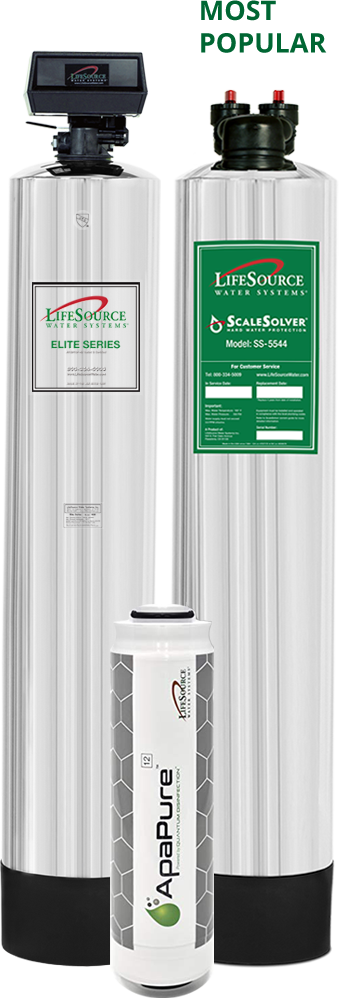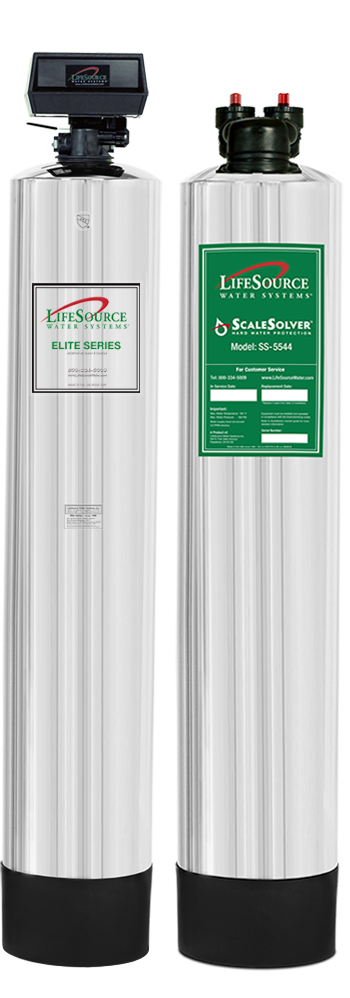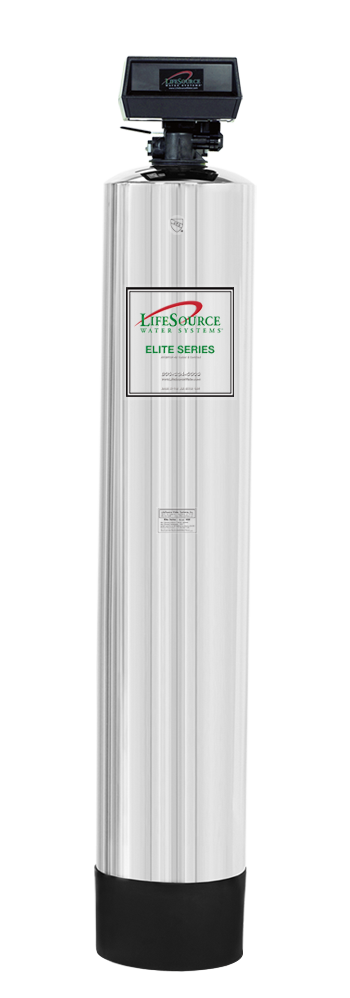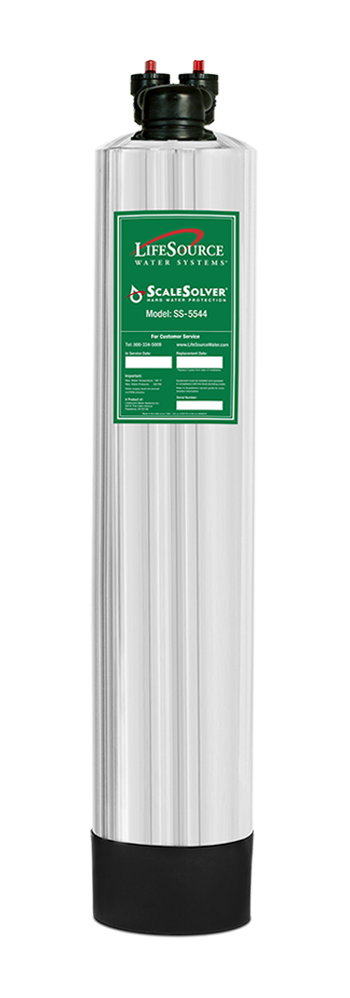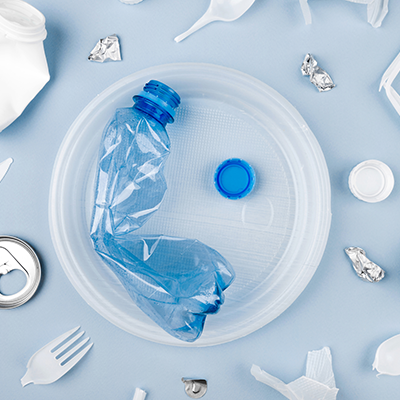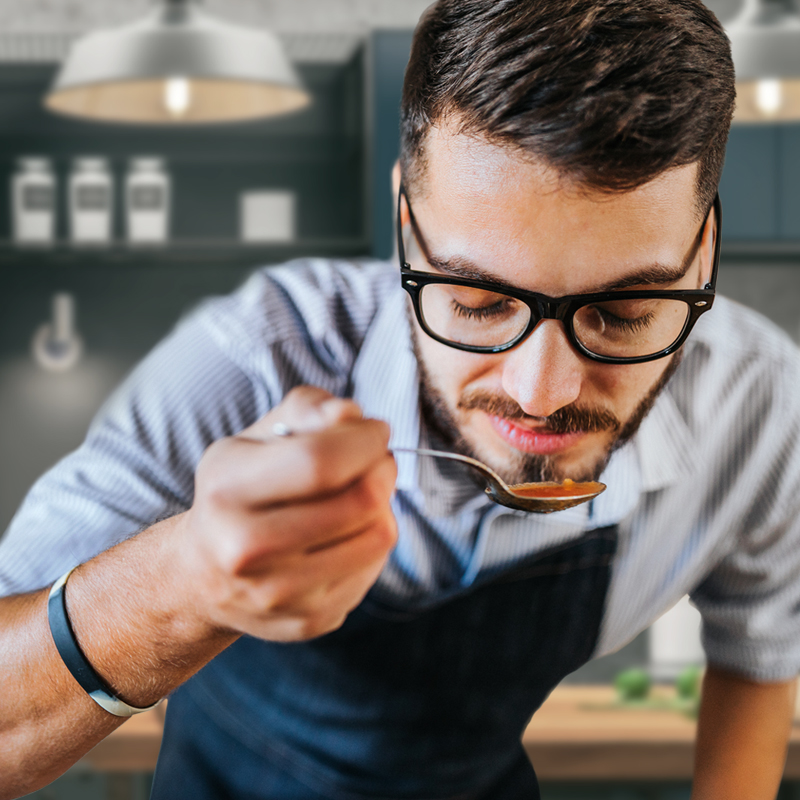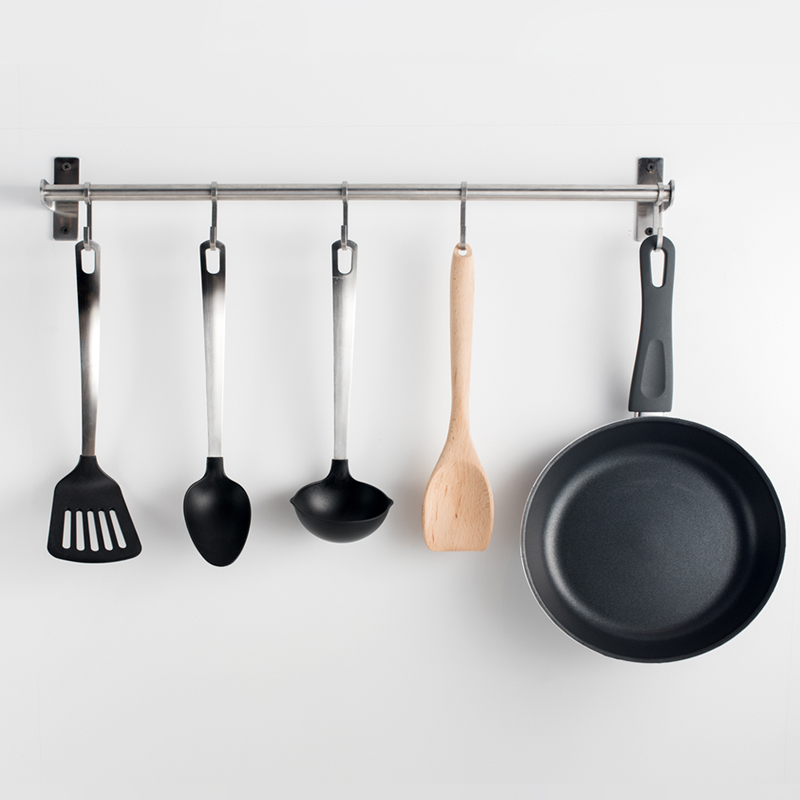
Water is the Most Important Ingredient
Is your water up to par?
Water is intrinsic to cooking. We use water to rinse, soak and boil. Water can revive wilted lettuce, preserve the crunch of veggies and even bring stale bread back to life! Water is the one ingredient you almost always need. Can you imagine soup without water? How would we make pasta or rice? You definitely can’t make coffee without water. Not to mention all the water needed to raise livestock and grow all our favorite fruits and veggies.
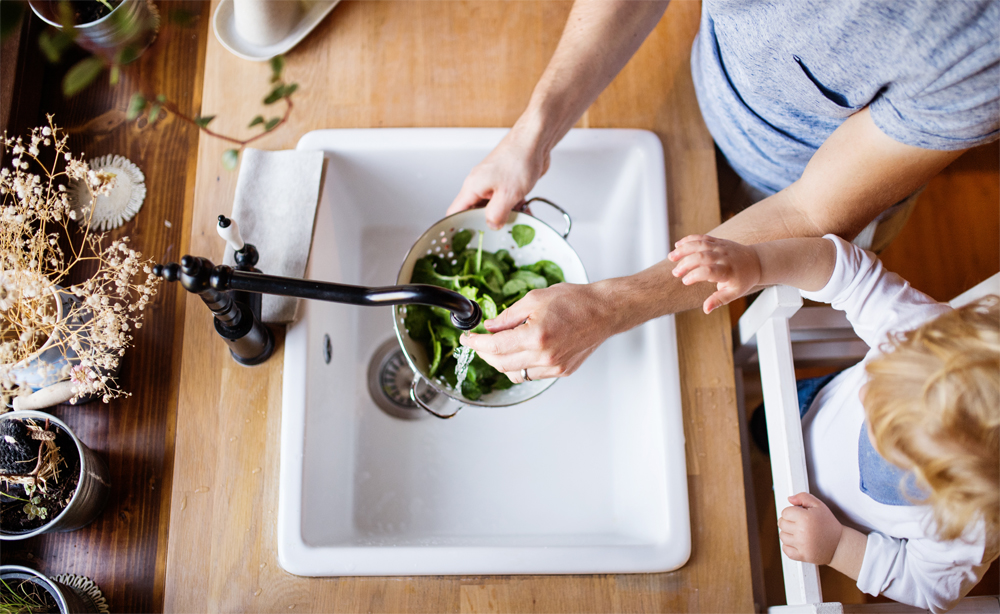
The water we use to cook impacts the taste and quality of our food. Cooking is all about the ingredients. Water may seem like the plain Jane of ingredients, but there’s actually a lot contained in every drop. Most of us think of water as the compound H20, but by the time water reaches our faucets it’s a lot more than hydrogen and oxygen. Dirt, chlorine, chloramines and varying levels of natural minerals can be found in our tap water.
Most city water treatment facilities use chlorine and ammonia to kill off harmful bacteria, making water potable. When chlorine and ammonia combine, they create chloramine, an even longer lasting disinfectant than chlorine alone. As water travels to your home, the chloramine reacts with organic materials to create various disinfection byproducts (DBPs). By the time water reaches your home, it contains chlorine, chloramine and other disinfection byproducts. Unlike chlorine, chloramine remains in your water even after boiling and requires carbon treatment to fully reduce.
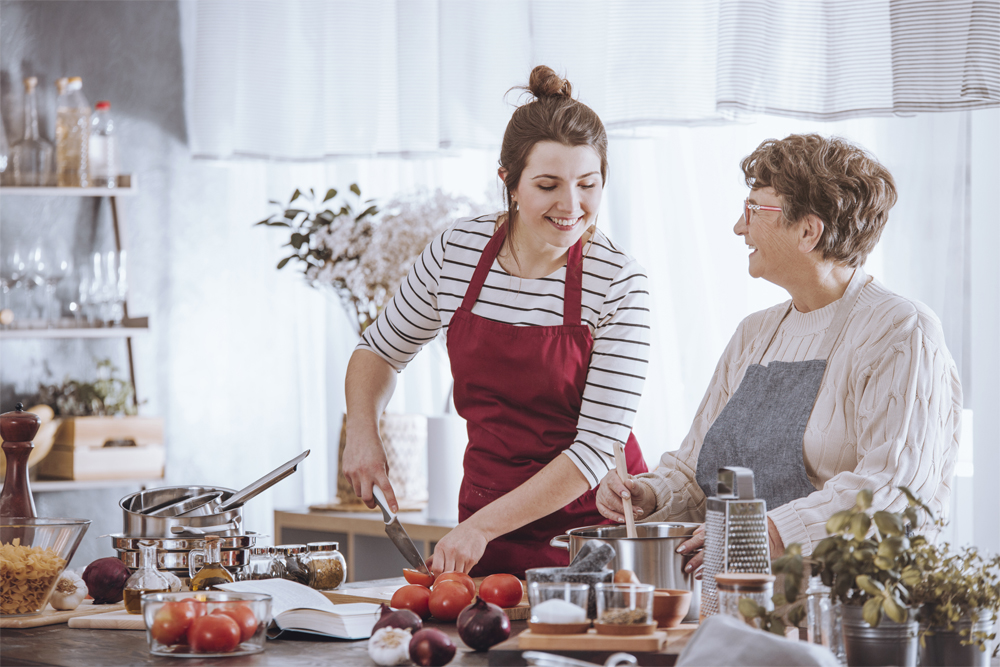
Everything in your water impacts its taste, smell and even how water may react with other ingredients. All the dirt and chemicals in your tap water end up in what you cook. Depending on where you live, the levels of chlorine and chloramines can affect how your favorite recipe turns out. Bakers know the value in using quality water and many notice an improvement of taste when using filtered water. Chlorine in water can even ruin yeast for naturally leavened breads, like sourdough. Just speak to any beer or liquor connoisseur and they’ll tell you how water quality impacts taste profiles.
Cooking with filtered water, improves the quality of your food. But before you start cooking with bottled water, consider investing in a whole house water filtration system. When you install a salt-free whole house water system, every single drop of water in your home is filtered! It’s like having an endless supply of delicious water without the hassle of buying and storing cases of bottled water. When you have filtered water flowing through your entire home, you won’t have to worry about dirt, chlorine and chloramines in your food, drinks and ice. Plus, you can take a bath in filtered water whenever you want! Not a bad idea after a big meal.

